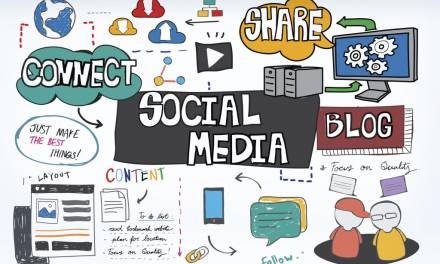When the question is posed – “are people becoming less sociable because of technology?” – we often conjure up an image of a child playing a video game, ignoring their parents’ shouts to come down for dinner, and failing to socialise with other kids.
However, the question is a lot more complex than you may think. There is little denying that technology has advanced rapidly over the past few years, and it is now an integral part of daily life.
Technological advancements have changed the way we communicate, and whether it is for better or worse is not so straightforward.
There are many people who will say that technology has made us all less sociable. Larry Rosen, a professor of psychology at California State University, believes that technology distracts people from real-world relationships. Real-world bonding is of critical importance. Virtual empathy is only one-sixth as effective in making someone feel socially accepted when compared with real-world empathy.
It’s true that people did communicate more face-to-face prior to these inventions. In fact, a study conducted by FlashGap revealed that 87 per cent of millennials admitted to missing out on a conversation due to being distracted by their phone. However, this does not mean that people are no longer communicating. There are simply more methods of communication available today.
There are numerous examples of how technology has had a positive impact on communication. For example, individuals now have the ability to use social media, instant messaging, or video chat to communicate with friends and relatives that live far away.
We end up with a huge gulp of information about the opinions, interests, and activities of the people we connect with online. This is closeness and mutual awareness that we otherwise would not receive.
Keith N. Hampton, a Professor at Rutgers University of Communication and Information, believes that our social relationships are enriched thanks to the dominance of technology today. Through conducting research on his colleagues and students, he’s concluded that more students have closer relationships because of media usage and smartphones when compared to older colleagues.
He admits that while some things have changed, it’s “maybe not as much as you might think.” He remarked that we frown upon a husband who sits on his smartphone at the breakfast table instead of talking to his kids and wife.
However, he points out that over 100 years ago, we were blaming newspapers for undermining family life. So, have we only just become so entranced by streams of information that we have started to shut off daily life? It appears not.
While technology may have altered the way in which we communicate, it hasn’t eliminated communication altogether. There are, of course, positives and negatives associated with the impact of technology on our social lives.
But, should technology really be viewed with so much trepidation? If people want a distraction, they will find it, and thus it’s wise to focus on the benefits technology brings, and to embrace these. Face-to-face interaction and technology don’t standalone effectively, but together, they present the basis for a great social life.










